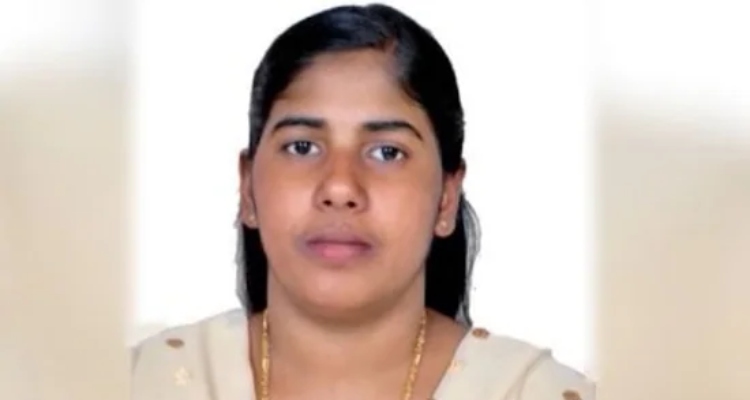
Following the Yemeni President’s approval of Kerala nurse Nimisha Priya’s death sentence, the Ministry of External Affairs (MEA) stated on Tuesday that it is extending all possible assistance to her.
The Case Overview
Nimisha Priya, a 36-year-old nurse from Kollengode in Kerala’s Palakkad district, moved to Yemen in 2008 to support her family. After working in various hospitals, she opened her own clinic in collaboration with Talal Abdo Mahdi in 2014, as Yemeni law requires partnerships with locals to start businesses.
Conflicts emerged between Nimisha and Mahdi, leading her to file a police complaint in 2016, which resulted in his arrest. However, after his release, Mahdi allegedly continued to threaten her. In 2017, their disputes escalated over Mahdi’s alleged misappropriation of funds. Nimisha’s family claims that she injected Mahdi with sedatives to retrieve her confiscated passport. Unfortunately, an overdose led to his death. Nimisha was arrested while attempting to flee and convicted of murder in 2018.
In 2020, a trial court in Sanaa sentenced her to death, and the Yemeni Supreme Judicial Council upheld the verdict in November 2023. However, the court left open the possibility of diya (blood money), which allows the victim’s family to accept compensation in lieu of the death penalty. An appeal to the Yemeni Supreme Court was rejected earlier in 2023.
Why the Death Sentence?
Under Yemeni law, the death penalty applies to a range of offenses, including murder, drug trafficking, adultery, and certain political crimes. Nimisha’s conviction for murder falls under these stringent provisions.
Efforts to Save Nimisha
Nimisha’s mother, Prema Kumari, sold her property to fund the legal battle. She also traveled to Sanaa earlier this year to negotiate diya with the victim’s family, supported by the Save Nimisha Priya International Action Council, a group of NRI social workers. Despite initial progress, negotiations stalled in September due to disputes over legal fees.
Abdullah Ameer, the lawyer appointed by the Indian Embassy, demanded a pre-negotiation fee of $20,000 (approximately ₹16.6 lakh). Although the MEA provided $19,871 to Ameer in July, he insisted on a total fee of $40,000, payable in two installments. The Action Council raised the first installment through crowdfunding but later faced challenges ensuring transparency about fund usage.
Next Step
The MEA continues to work towards securing a reprieve for Nimisha through legal and diplomatic channels. Her case underscores the complexities of navigating foreign judicial systems and highlights the urgent need for coordinated efforts to safeguard Indian nationals abroad.




